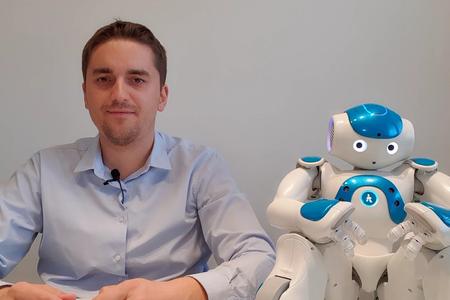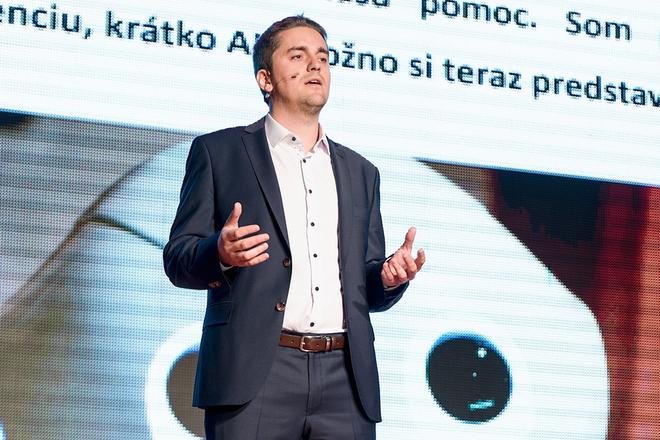Martin Spano is the author of Artificial Intelligence in a Nutshell, a book that explores the mystified subject of artificial intelligence (AI) with simple, non-technical language. Spano’s passion for AI began after he watched 2001: A Space Odyssey, but he insists this ever-changing technology is not just the subject of sci-fi novels and movies; artificial intelligence is present in our everyday lives.
The story of Garry Kasparov

On April 13, 1963, a child named Garik Kimovich Weinstein was born in Baku, Soviet Azerbaijan. From an early age, he watched his loved ones solve a chess puzzle in the newspaper and proposed a brilliant solution. His relatives noticed his enormous natural talent for the game. In 1978, the organizers of a memorable chess tournament in Minsk invited him to participate as a wild card participant. He won unexpectedly. Seven years later, he became world champion when he defeated his rival Anatoli Karpov. He has been almost invincible ever since.
Until 1997.
In that year, Garry Kasparov, a name he had used since he was twelve, was considered by many to be the best chess player of all time. It was said that if someone beat this chess artist, it wouldn’t be human.
In May 1997, one of the most-watched chess matches of all time took place in New York with Garry Kasparov, on the one hand, Deep Blue, a supercomputer created by IBM, on the other. A year earlier, Garry Kasparov won. This time it was very tight again. Deep Blue won 3 ½ –2 ½. For the first time, the computer defeated the reigning chess grandmaster.
In the previous part of the series, I mentioned five examples where a person has the upper hand over a robot. Today, we will turn it around and talk about what artificial intelligence can do better than us.
1) Artificial intelligence plays computer games better

Artificial intelligence has been beating us in computer games for several years. It started with board games in the middle of the 20th century and continued with other simpler games. In the 1990s, however, the computational power went so far that the computer defeated the chess grandmaster. However, the peak did not come until 2016 and 2017, when artificial intelligence from Google defeated the South Korean and later the Chinese grandmaster in the game Go. Unlike chess, where moves can be "calculated", Go requires more sophisticated methods to win, because the number of possible moves is an order of magnitude greater than the atoms in the visible universe.
2) AI evaluates health images more accurately
Thanks to advances in computer vision and neural networks, systems for detecting pathogenic tissue are now more accurate than humans. Imagine a future where you point your smartphone at a sign and it tells you whether you should go to the doctor or not worry about it.
3) AI can better process large amounts of data
How many human lives would it take you to read all the books in the world? Artificial intelligence can do this in a few days if they are in digitised form. Subsequently, we can quickly search or create analyses in these books. And the books are just an example; imagine something like that applied to the laws. Each of us could have our own personal "lawyer".
4) Robots can work in dangerous environments
Robots are already helping to disinfect areas infected with dangerous bacteria or viruses, which one should avoid. They can sort waste in garbage dumps, where there is a great danger of injury or even death to humans. In the future, humanity will be able to send them as intelligent probes to explore the universe, as their "body", unlike ours, does not degenerate in space and has no problem with dangerous cosmic rays.
5) AI knows you better than your spouse
According to one study, a few dozen "likes" are enough for the software that handles these "likes" to know you better than your friends. With a few hundred "likes", this software already knows you better from a psychological point of view than your partner. Based on this, a profile will then be created about you, which can be monetised very well in terms of marketing. You must have wondered about the times that you intended to buy something when it suddenly "showed" as an advertisement on the Internet. These are not miracles, only "intelligence systems" based on artificial intelligence that do their job very well.

